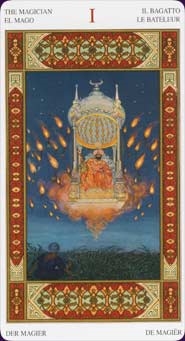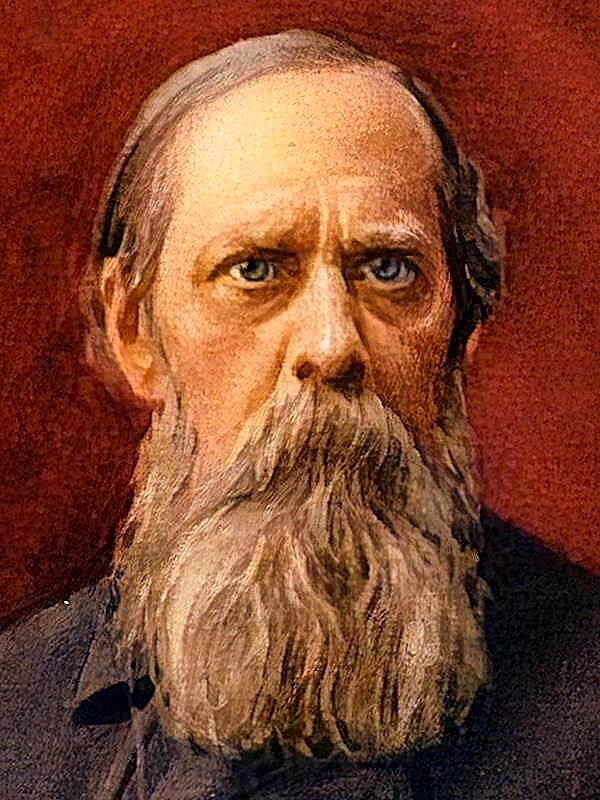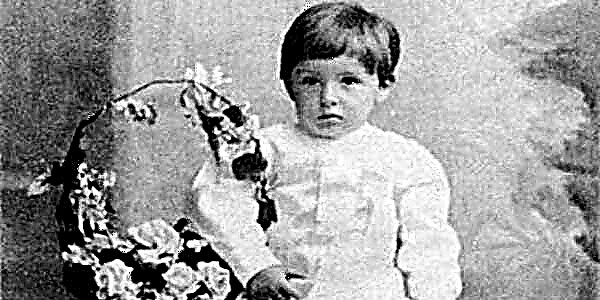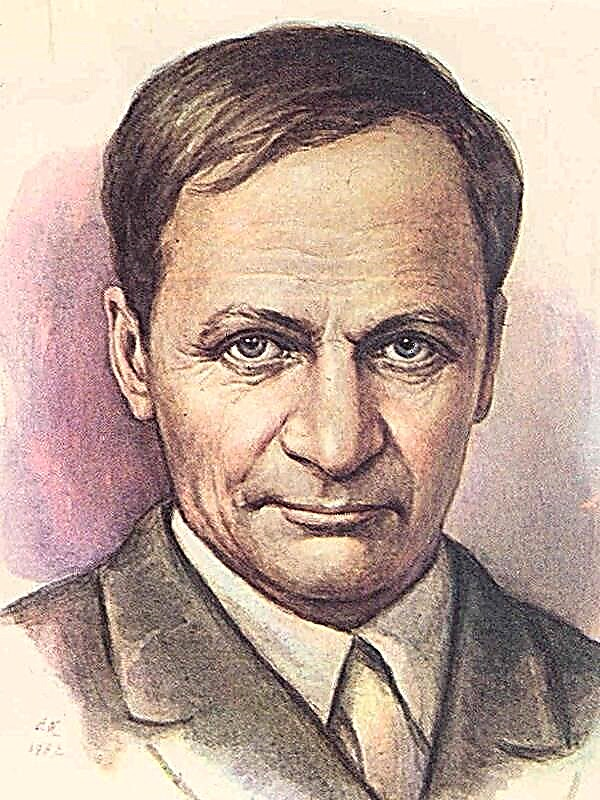The first part of the novel, Odile, was written on behalf of Philippe Marsen and addressed to Isabella de Chaverny. Philip wants to truthfully and humbly tell her his whole life, for their friendship "has outgrown the time of flattering recognition alone."
Philip was born in the Gandyumas estate in 1886. The Marsen family occupies a very prominent position in the district - thanks to the energy of Father Philip, the tiny paper mill turned into a large factory. Marsen accept the world for a decent earthly paradise; neither Philippe's parents, nor Uncle Pierre and his wife (who have Rene's only daughter, two years younger than Philippe) do not tolerate frankness; it is believed that generally accepted feelings are always sincere, and this is more a consequence of spiritual purity than hypocrisy.
Already in his childhood, Philip showed a thirst for self-sacrifice in the name of love, and then in his imagination the ideal of a woman, whom he calls the Amazon, formed. At the Lyceum, he is still faithful to the image of his Queen, who has now acquired the features of a Homeric Elena. However, in conversations with peers about women and about love, he appears as a cynic. The reason for this is a friend of his relatives, Denise Aubrey; Philip, boyishly in love with her, once involuntarily overheard how she made an appointment with her lover ... From that moment, Philip refuses romance and develops the unmistakable seduction tactics, which invariably prove successful. Denise becomes his mistress, but soon Philip becomes disappointed in her; and while Denise becomes more and more attached to him, Philip conquers, one after another, not loving, the young women whom he met in the salon of his aunt Cora, Baroness de Chuen. But deep down he still worships the perfect image of Elena Spartan.
Having recovered from bronchitis in the winter of 1909, Philip, on the advice of a doctor, goes south to Italy. On the first day of his stay in Florence, he notices a girl of unearthly, angelic beauty in a hotel. At a reception in a Florentine house, Philip meets her. Her name is Odile Male, she is also French, travels with her mother. From the first minute, young people relate to each other with laid-back gullibility. Every day they spend together. Odile has the happy quality that the Marsen family lacks - she has a taste for life. She opens Philip a new world - a world of colors, sounds.
Turning to Florence, upon returning to Paris, young people become husband and wife, despite the fact that the Marsen family disapproves of the frivolous, "with strangeness," Male. During a honeymoon spent in England, Philip and Odile are unusually happy. But upon arrival in Paris, the discrepancy of their characters is revealed: Philip spent all day in the affairs of the Gandyumas factory and loves spending evenings at home with his wife, while Odile prefers theaters, night cabarets, and fair festivities. Odile does not like Philip's serious friends; he is jealous of Odile for her male friends; it comes to the fact that the only person who is equally pleasant to both of them is only Odile's friend Misa, Philip suffers, but only Misa and his cousin Rene are aware of this.
When Miza gets married and leaves, Odile becomes even closer to her friends. Philip's jealousy is growing. He plagues himself and his wife, stubbornly trying to catch her with a nonexistent lover. Catching her on contradictions, he requires an accurate answer to questions about where she was and what she did, for example, between two and three in the afternoon. He considers the answer “I don’t remember” or “It doesn't matter” a lie, sincerely not understanding how much such interrogations offend Odile. One day, Odile, citing a headache, goes to the village for several days. Philip arrives there without warning, confident that now his suspicions will be confirmed - and makes sure that he was mistaken. It was then that Odile confesses that she wanted to be alone, because she was tired of him. Subsequently, Philip learns that Odile never once cheated on him ... until Francois de Crozan appeared.
They met at a dinner with Baroness de Schrn. Philippe Francois is disgusting, but women, all as one, find him charming. With pain, Philip watches the development of relations between Odile and Francois; he carefully analyzes his wife’s words and sees how love expresses in her every phrase ... Odilia needs to go to the sea to improve her health, and with astonishing insistence she begs to let her go to Brittany, as usual. Philippe agrees, confident that Francois is in Toulon - he serves in the Navy. After her departure, he learns that Francois has been transferred to Brest for a while, and he understands the persistence of his wife. A week later, Philip meets with Miz, she becomes his mistress and tells him about the relationship of Francois and Odile. When Odile returns from Brittany, Philip gives her the words of Miz. Odile denies everything and breaks relations with a friend.
After that, the couple leave for Gandyumas. A solitary life in the bosom of nature brings them closer, but not for long - immediately after returning to Paris, the shadow of Francois again darkens their relationship. Philip feels that he is losing Odile, but is unable to part with her - he loves her too much. She herself makes a speech about divorce.
They diverge. Philip is suffering a loss, but does not share his grief with anyone except his cousin Rene; he returns to the youthful behavior of a cynical libertine. From friends he learns that Odile became the wife of Francois, but their family life does not go quite smoothly. And one day the news comes that Odilia committed suicide. Philip begins a fever with delirium, and having recovered, he closes in himself, abandons business, he is completely absorbed in his grief.
This continues until the First World War. The second part - “Isabella” - was written on behalf of Isabella after the death of Philip: she wants for herself to capture her love for him - just as Philip captured on paper his love for Odile to explain to Isabella herself.
As a child, Isabella felt unhappy: her father did not pay attention to her, and her mother believed that her daughter should be tempered for life's battles and therefore brought up very strictly. The girl grew up timid, unsociable, unsure of herself. In 1914, with the outbreak of war, Isabella went to work as a sister of mercy. The hospital where she gets is in charge of Rene Marsen. The girls immediately became friends.
One of the wounded, Jean de Chaverny, becomes Isabella's husband. Their marriage lasts only four days - Jean returned to the front and was soon killed.
After the war, Renee arranges Isabella in the same laboratory where she works. From Renee, who is in love with her cousin, the girl constantly hears about Philippe, and when she meets him at Madame de Chouin, he immediately inspires confidence in her. Isabella, Philip and Rene begin to leave three together several times a week. But then Philip began to invite only Isabella ... Gradually, friendship grows into a more tender and deep feeling. Isabella leaves her job to avoid embarrassment in her relationship with Rene and to devote herself entirely to love for Philip. Having decided to marry Isabella, Philip writes her a letter (this is the first part of the book), and Isabella tries to become what Philip wanted to see Odile.
At first, Isabella is very happy, but Philip sadly begins to note that his calm and methodical wife does not look like the Amazon. Roles have changed: now Philip, as once Odile, is drawn to festivities, and Isabella, like Philip once, seeks to spend the evening at home, alone with her husband, and just as jealous of Philip to his friends of the opposite sex, as once- then he was jealous of Odile. Isabella persuades her husband to spend Christmas in Saint-Moritz - only together, but at the last moment Philip invites the spouses Villiers to join them.
During this trip, Philip is very close to Solange Villiers - a woman in whom the power of life is in full swing, a woman who, with all her ardent soul, aspires to "adventure". In Paris, they do not break off relations. Isabella soon has no doubt that they are lovers - she painfully notes how Philip and Solange influence each other: Solange reads Philippe's favorite books, and Philip suddenly fell in love with nature, like Solange. Isabella is suffering.
Solange goes to his estate in Morocco, and Philip goes on a business trip to America (Isabella cannot accompany him because of her pregnancy). Upon returning, Philip spends most of his time with his wife. Isabella is happy, but the idea that the reason for this is the absence of Solange in Paris, somewhat overshadows her happiness. Philip is jealous; she once turned out to be the object of his jealousy - maybe if she began to flirt, she would be able to regain her husband's love ... but she consciously refuses this. All her thoughts are only about the happiness of Philip and their newborn son Alain.
And Solange leaves Philip - she begins the next novel. Philip hardly hides his torment. In order not to see Solange, he moves to Gandyumas with his wife and son. There he calms down and as if falls in love with Isabella again. Spouses find harmony. This is the happiest time of their life together. alas, she was short-lived.
Having caught a cold, Philip develops bronchopneumonia. Isabella is courting him. She holds Philip's hand in his last hour.
“It seems to me that if I could save you, I would know how to give you happiness,” Isabella ends her manuscript. “But our fates and our will almost always act out of place.”

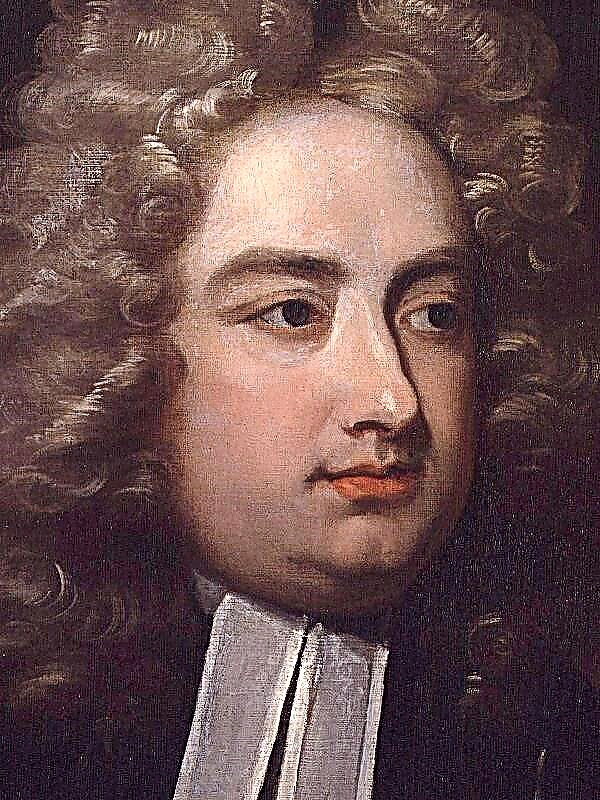
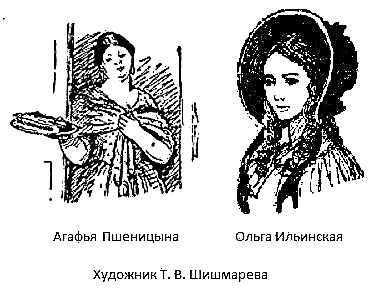
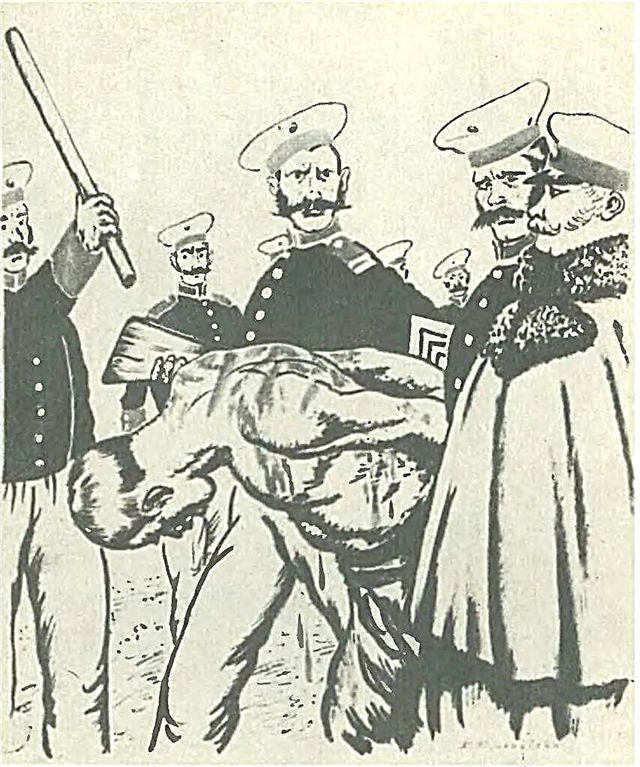

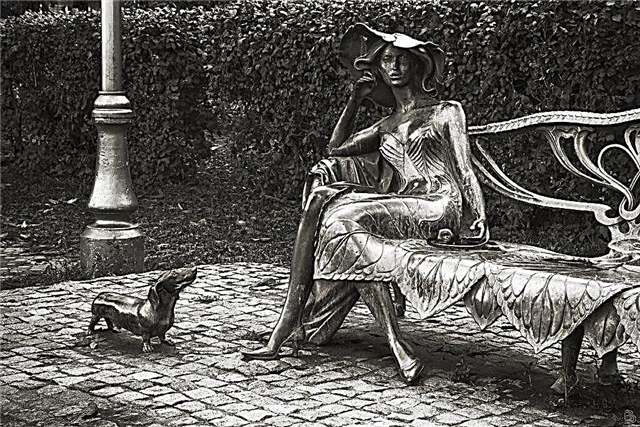
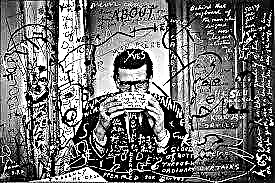
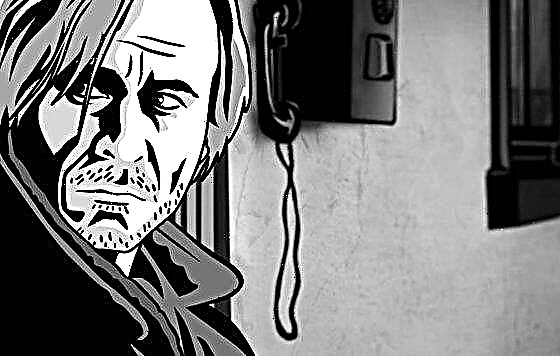
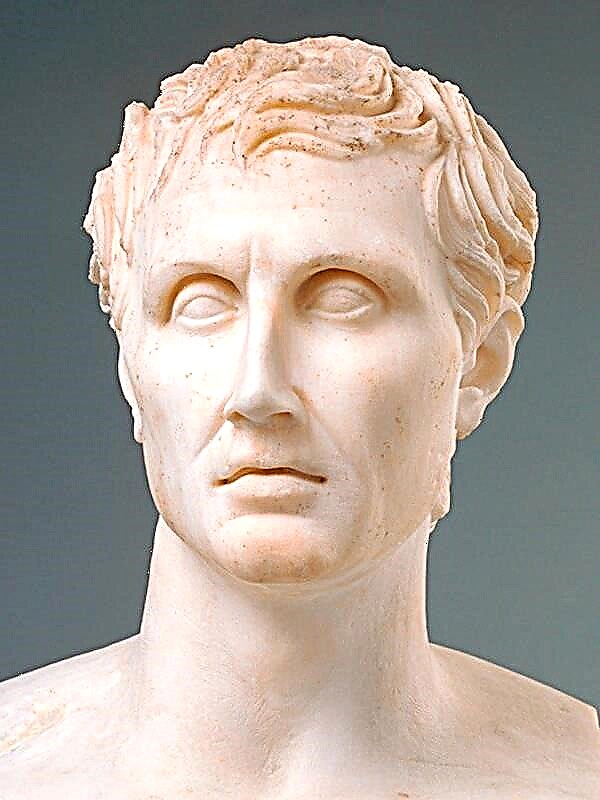 Cut braid
Cut braid